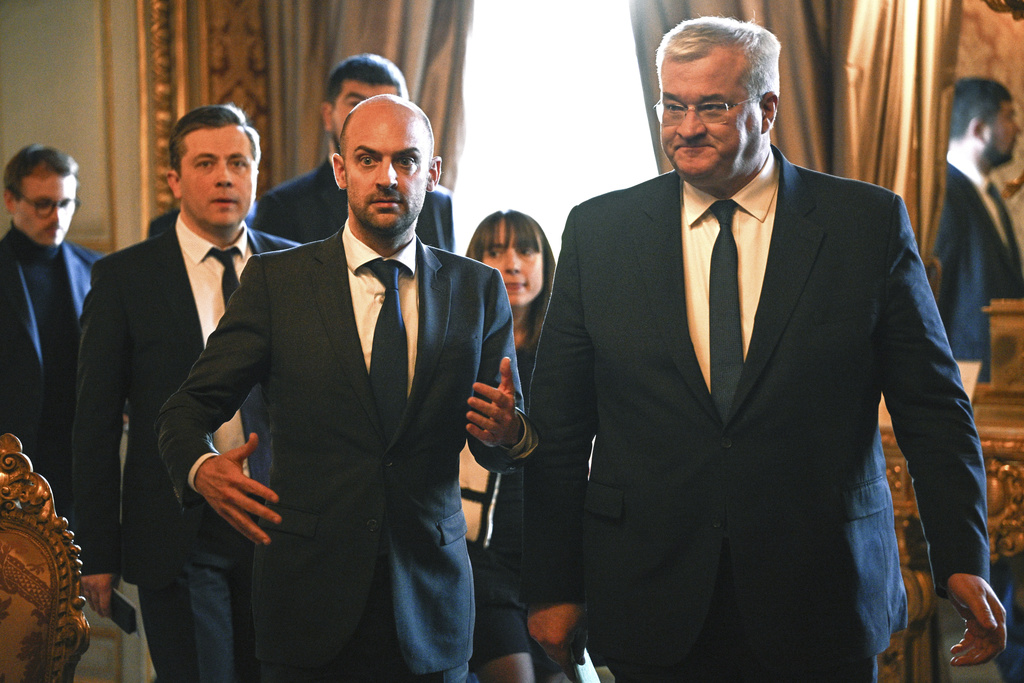Diplomacy During War: What Priorities Is Ukraine Setting for Its Ambassadors in the Second Half of 2025

Ukraine is reshaping its diplomatic corps with new appointments and a results-oriented agenda, focusing on security, sanctions, and reconstruction as the war with Russia continues.
On July 21, 2025, President Volodymyr Zelenskyy and Foreign Minister Andriy Sybiha outlined the key priorities for Ukrainian diplomacy at the annual meeting of ambassadors. The shift marks a transition from classical diplomacy to a diplomacy of strength: embassies are tasked not only with maintaining relations but also with serving as hubs for mobilizing resources, technologies, humanitarian aid, and sanctions pressure.
New Goals: Practical Results, Not Just Declarations
Every ambassadorial appointment announced this summer came with personalized tasks and performance criteria, rather than general instructions to “promote Ukraine’s image.” The agenda places defense support, the advancement of the Peace Formula, tougher sanctions against Russia, and investment in reconstruction projects at the center of Ukrainian diplomacy.
Special emphasis is also placed on cooperation with the Ukrainian diaspora, which has become both a source of public pressure on governments and a channel for spreading truthful narratives about the war.
16 New Ambassadors: Geography of Interests and Strategic Needs
One of the key outcomes of the summer reshuffle is the appointment of 16 new ambassadors to reflect Ukraine’s global priorities.
-
Global South — new ambassadors in Angola, Kenya, South Africa, Oman, Kuwait, and Malaysia will counter Russia’s influence in Africa and Asia, especially in international organizations where each vote matters.
-
Europe — appointments in Belgium, Spain, Estonia, and Cyprus aim to consolidate support within the EU and NATO. For instance, the new ambassador to Spain, Yuliya Sokolovska, will also represent Ukraine at the World Tourism Organization, combining traditional and sectoral diplomacy.
-
North America & Latin America — in Canada, Andriy Plakhotnyuk takes on a dual role, including representation at the International Civil Aviation Organization. In Mexico, Serhiy Pohoreltsev is tasked with countering pro-Russian lobbies in Latin America.
-
Middle East & Gulf — experienced diplomats were appointed to the UAE and Kuwait, key energy players and potential donors for Ukraine’s reconstruction.
These moves highlight a shift from Eurocentrism toward a multipolar diplomacy, with Ukraine systematically engaging regions previously overlooked.
Public Diplomacy, Diaspora, and Media Strategy
Ukrainian embassies are now explicitly tasked with working hand in hand with the Ukrainian Institute, the Multimedia Platform for Foreign Broadcasting, and diaspora organizations.
This includes supporting Ukrainian artists and experts abroad, strengthening Ukraine’s media presence, and promoting cultural diplomacy through film projects, festivals, and education. At the same time, embassies are expected to act as information hubs, countering Russian disinformation in real time and shaping public opinion in regions like Latin America, Africa, and Southeast Asia.
A Clearer Structure for Wartime Diplomacy
The diplomatic strategy for late 2025 combines traditional statecraft with innovative outreach. Its goals are not only to maintain political ties with major capitals but also to expand Ukraine’s presence in the Global South, attract financial and technological resources, and amplify truthful narratives worldwide.
Igor Popov, Head of United Ukraine Think Tank, expert on political and security issues